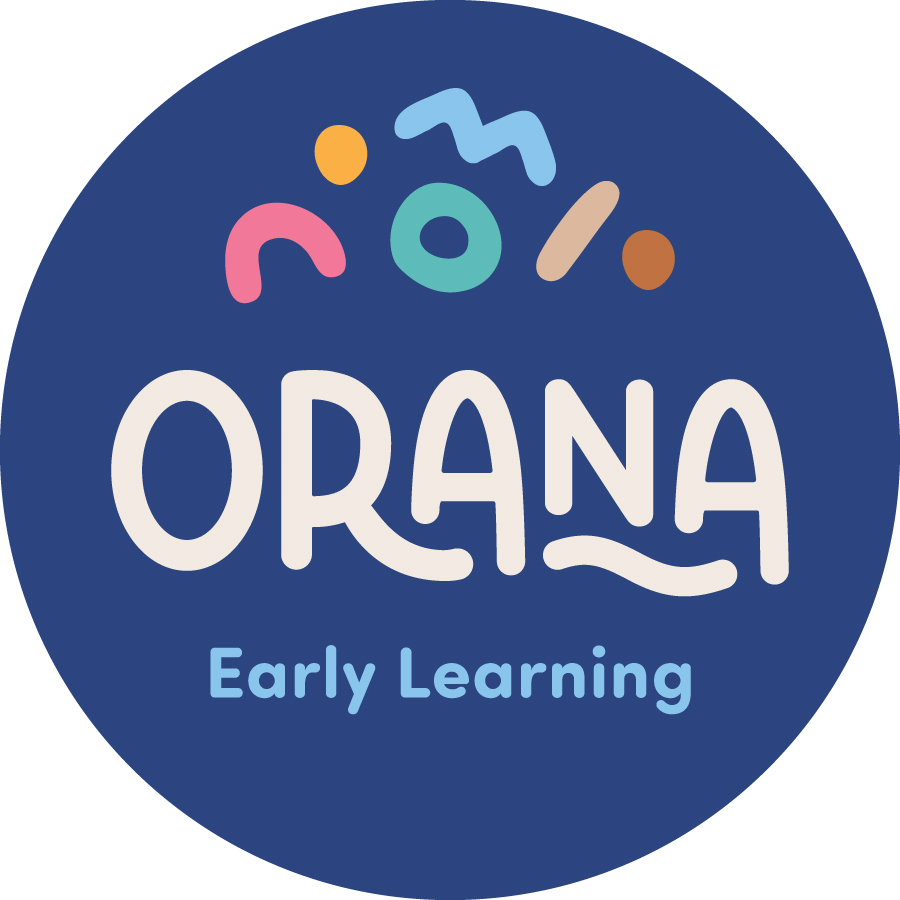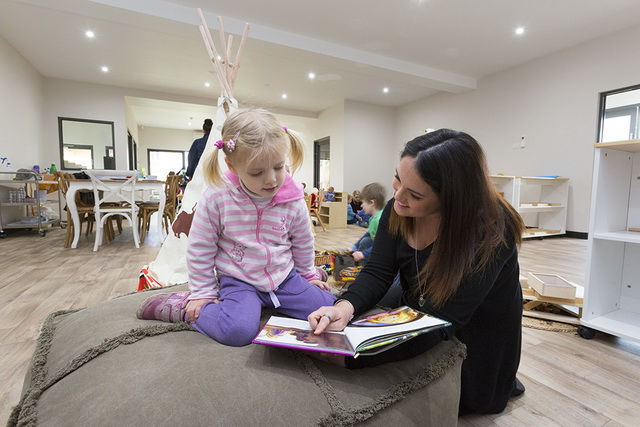Sending your child off to primary school for the first time can be a scary experience. You want them to make friends, learn and like their teachers.
For many parents, school is the first time their child will be out of their care for most of the day. Even if that’s not the case for you, it’s still a big transition for your child.
Every parent wants the best for their child, and a successful school transition can set them up for a great first year of primary school.
One of the easiest ways to help manage this transition is to enrol your child in kindergarten. Both 3-year-old kinder and 4-year-old kinder help to prepare your child for school in a myriad of ways.
How?
Think of kinder as like training wheels for school. Your child will learn a lot of valuable skills from attending kinder that will prepare them to walk into primary school with confidence and an excited smile on their face.
So, what skills will my child learn from kinder?
- Socialisation and Friends
One of the biggest hurdles when entering primary school is making friends. By enrolling your child in kinder, they will be given the opportunity to hone their social skills and make friends (without parental interference).
This is hugely important, as it will teach them how to interact positively with other children.
Not only that but often times multiple students from the one kinder will be attending the same primary school. If your child is especially nervous or shy, looking across the playground to see a familiar face can make a huge difference.
- Prepares your child to understand structure
One of the main purposes of kindergartens is to help prepare your child for school. Because of this, the timetabling and structure of kinder sessions are set up to help your child learn how to handle the typical school day.
Having the day segmented into portions - like designated play time, outside time and eating time - helps your child understand their day. Once they get to school, this will prove beneficial as they already are used to this schedule.
- Assists them in doing things for themselves
The school environment involves a lot of independent activity, and kinder is great at providing your child with an introduction to independence.
At kinder, your child is encouraged to do things for themselves and make decisions for themselves. This includes teaching your child to go to the bathroom, wash their hands, pack their bags, collect their lunch and choose what they want to do, all by themselves.
The independence, and subsequent confidence, your child will get from kinder ensures that they are able to thrive in the school environment.
Another added benefit of kinders is that they often have a close relationship with the schools around them. As such, often times your child will be exposed to local schools before they begin attending them. This could be in the form of a school visit or students from the school visiting the kinder. This relationship with schools helps to familiarise your child with the concept of school and takes some of the scariness out of their first-day experience.
These skills will set your child up to be as prepared as possible to attending primary school, making the transition easier for both your child and you.

